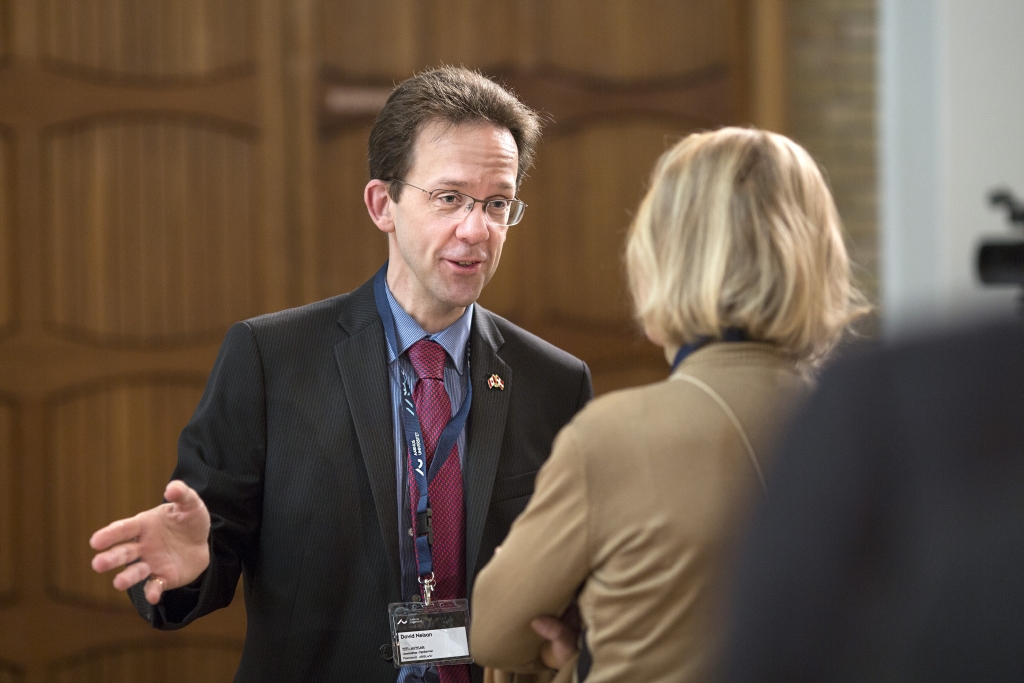The EliteForsk travel grant: PhD student searching for a short-cut to the memory of dementia patients
Memories in dementia patients may be spurred by concrete objects from the person’s past. PhD student Marie Kirk receives the EliteForsk travel grant to continue her research into the memory of people with dementia.

People suffering from Alzheimer’s have difficulties remembering their previous experiences, which is frustrating both to themselves and to their relatives. But a new method can most likely spur memories. This is the starting point of the PhD project of Marie Kirk from the Center on Autobiographical Memory Research (CON AMORE) at Aarhus BSS which on 25 February earned her the EliteForsk Travel Grant of DKK 200, 000 awarded by the Ministry of Higher Education and Science.
Concrete objects may spur spontaneous memories
Marie Kirk is currently exploring whether concrete objects, such as a bottle of perfume from the person’s youth, may help people with dementia remember their past. Previous research from CON AMORE has shown that this way of recalling memories works on a more spontaneous and immediate basis than if a person is deliberately trying to remember. Now researchers are hoping to create a short-cut to the memory of people suffering from dementia.
“We often see a significant difference when memories are recalled spontaneously. The elderly dementia patient cheers up and the actual recollection is more detailed and vivid than when he or she is deliberately trying to remember. It can be a very emotional situation for everyone, not least the person’s relatives, when the dementia patient suddenly remembers events which are otherwise blocked by the dementia,” says Marie Kirk.
Important for the person’s well-being and quality of life
Marie Kirk points out that our memories are the focal point of most social contexts, so when our memory fails, it can become difficult to keep a conversation going. That is why it is also important to stimulate memories, and thus conversations, which may increase the sense of belonging and community. Being able to form relations with other people is indeed very important to our sense of well-being.
Marie Kirk is hoping that her research may contribute to a greater quality of life for people with dementia as well as their relatives. In the long term, it may also give inspiration for how to design dementia-friendly environments e.g. in nursing homes and houses for the elderly.
Inspiration from the UK
According to Marie Kirk, the UK has a strong tradition for dementia research within the field of psychology. This is why the travel grant will most likely go towards a study trip to the University of Cambridge and the University of Sussex. Apart from having aMaster’s in Psychology from Aarhus University, Marie Kirk also holds a Master’s in cognitive neuroscience from the University of York. Thus, she is already familiar with the British research.
Further information:
Name: PhD student Marie Kirk
Email: mkirk@psy.au.dk
Direct tel.:+4587165998
About the EliteForsk Travel Grants
The EliteForsk travel grants is awarded by the Ministry of Higher Education and Science. The DKK 200,000 grant is awarded to particularly talented PhD students to give them the opportunity to study abroad for an extended period of time in the world’s top research environments. 20 grants are awarded each year.
Source: The Ministry of Higher Education and Science
